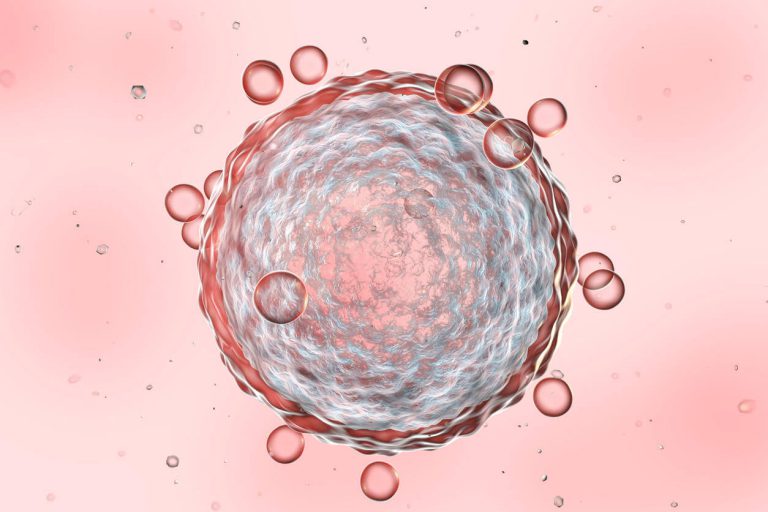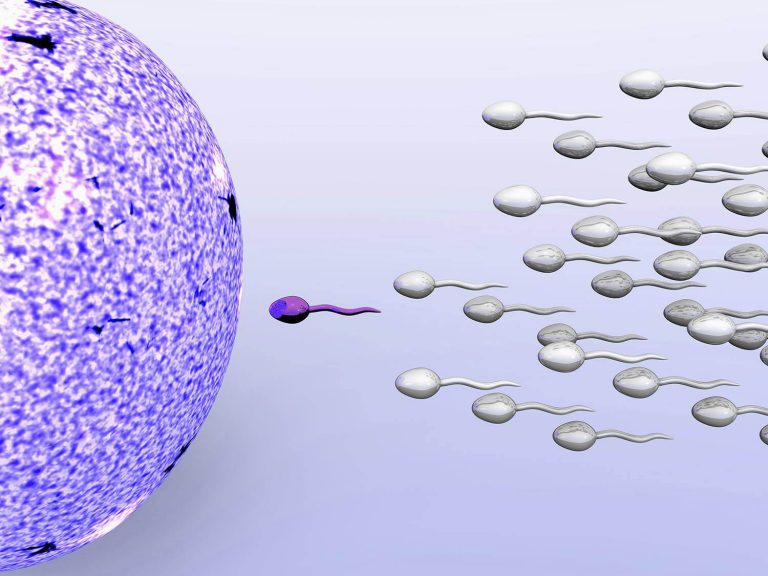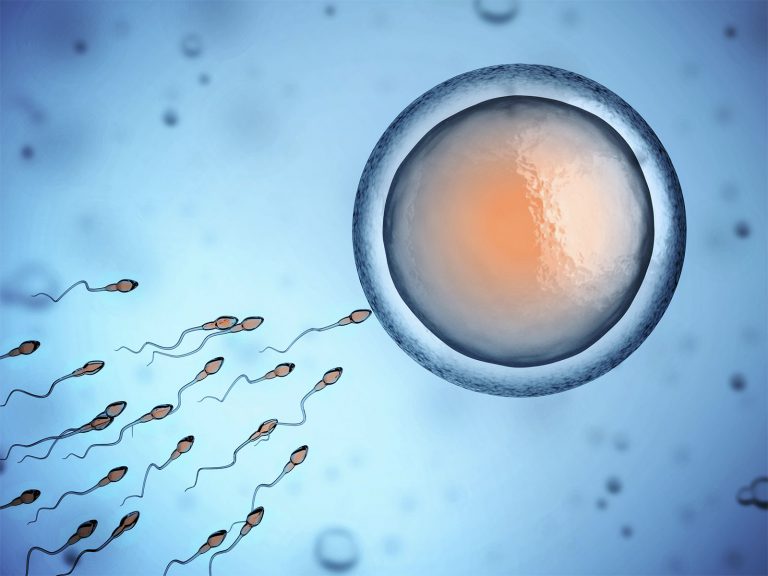PCOS, or Polycystic Ovary Syndrome, is an endocrine disorder and a leading cause of infertility in women. PCOS is a collection of issues and not all women have the same symptoms. Women with PCOS usually experience two of the following: ovulatory dysfunction, high levels of androgens (sometimes referred to as male hormones), and poly cystic ovaries.
The name of the disorder derives from the fact that many women with PCOS, but not all, have many small sacs of fluid (“cysts”) on one or both ovaries. These cysts look like a “string of pearls” on the surface of an ovary.
PCOS is extremely common. In fact, it is the most common cause of anovulatory infertility, the kind of infertility that results from not having an egg released every month. As many as 1 in 10 women of reproductive age are estimated to have PCOS. Most often, symptoms appear in adolescence, around the start of menstruation, but may not develop in some women until their early to mid 20s.
Common Symptoms of PCOS
- Irregular, heavy, or absent menstrual periods
- Cysts on one or both ovaries visible on ultrasound examination
- Infertility (inability to get pregnant)
- Increased or excessive hair growth on the face, chest, stomach, back, thumbs, or toes
- Acne, oily skin, and/or dandruff
- Weight gain or central obesity (excess fat around the midsection)
- Thinning hair on the head, like male pattern baldness
- Patches of dark skin on the neck, breasts, thighs, or arms
- Skin tags in the armpits or on the neck
- Pelvic pain
- Anxiety or depression
- Sleep apnea
PCOS Cause and Treatment
The cause of PCOS is currently unknown, although researchers think environmental and genetic factors play a role. The biggest risk factor for PCOS is having a family history of PCOS. If not treated, the hormone imbalance that causes PCOS could lead to more serious health problems, like Type 2 diabetes and metabolic syndrome.
There is no cure for PCOS but there are ways to improve symptoms. This includes lifestyle changes like losing weight, getting enough exercise, and quitting smoking. Additionally, women with PCOS who are not trying to become pregnant often take birth control pills, which contain female hormones that can balance out the excess male hormones.
PCOS and Fertility
PCOS drastically reduces fertility because it leads to problems with ovulation. Consequently, most women with PCOS need assistance in getting pregnant.
For women with PCOS who want to get pregnant, there are a variety of infertility treatments available. For example, the infertility can be treated by using medication that causes ovulation. The simplest treatments involve oral medications like Clomid, which can induce the body to ovulate. Additional fertility medications called gonadotropins could also be injected to help stimulate egg growth. Other treatments are available, including insulin sensitizing medications. Weight loss, exercise and a healthy diet may also improve ovulation in some women.
Finally, IVF (in vitro fertilization) is a commonly used treatment for women with PCOS. If you or somone you know has PCOS and is trying to get pregnant, talk to your doctor.







